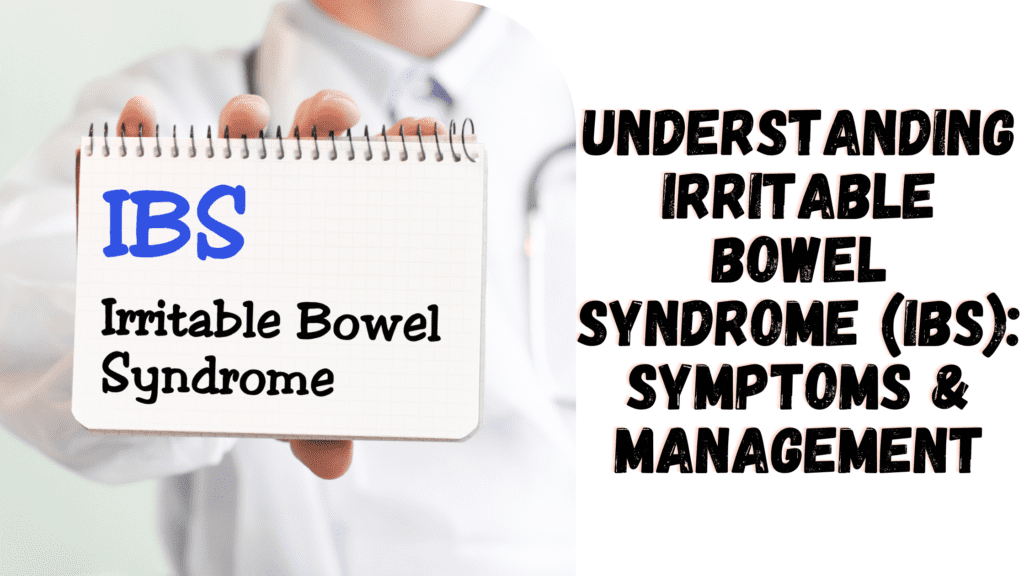
Table of Contents
What is Irritable Bowel Syndrome (IBS)
Irritable Bowel Syndrome (IBS) is a common gastrointestinal disorder that affects many people in the world. Symptoms vary from one individual to another and can be worse for some than others. It is a very common condition affecting around one in five adults. An assessment for IBS should be considered if you have had any of the following symptoms for at least six months: abdominal pain or discomfort, bloating, or change in bowel habits. Its exact cause is still not fully understood, but factors like diet, stress, and gut bacteria may contribute.
Diagnosis of IBS
A diagnosis of IBS should be considered only if there is abdominal pain or discomfort that is either relieved by defaecation or associated with a change in bowel habit. This should be accompanied by at least two of the following four symptoms:
- altered stool passage (straining, urgency, incomplete evacuation)
- abdominal bloating (more common in women than men), distension, tension, or hardness
- symptoms made worse by eating.
- passage of mucus
Other features such as lethargy, nausea, backache, and bladder symptoms are common in people with IBS and may be used to support the diagnosis. It is important to have a diagnosis of IBS confirmed and other conditions such as coeliac disease and inflammatory bowel disease ruled out.
Concerned with IBS
If you think you may be suffering from IBS, but also have any of the following symptoms, see your doctor to discuss whether a referral to a specialist may be required:
- unintentional and unexplained weight loss
- rectal bleeding
- a family history of bowel or ovarian cancer
- a change in bowel habit to looser and/or more frequent stools persisting for more than six weeks, especially in a person aged over 60 years
Once the doctor has undertaken tests including blood tests and stool tests to rule out other conditions then you can move forward to managing irritable bowel syndrome.
What steps can I take?
- Eat regular meals
- Try not to eat late at night
- Aim for smaller meal sizes
- Limit alcohol intake to no more than two units per day and have at least two alcohol-free days a week
- Reduction of caffeine-containing drinks
- Avoid fizzy drinks
- Aim for 6-8 cups of clear fluid per day, especially water
- Cut down on processed foods
- Monitor the amount of fresh fruit and try not to exceed three portions per day
Hints and tips
- Take time to relax – mindfulness and meditation
- Undertake regular exercise such as walking, cycling, swimming
- Sit and spend time eating meals and chew your food well
- A food diary will help monitor symptoms related to particular food types
- Make single changes and assess the impact of the change
Some dietary changes to consider:
- Limit intake of gas-producing foods such as cashews, pistachios, onions, garlic, beans and pulses, broccoli, cauliflower, brussel sprouts and cabbage.
- Complex fibre such as oats and linseeds can help.
- Increasing fluids may help with avoiding constipation and reduce the need for laxatives.
- Aim to increase fibre content slowly as a sudden increase may make symptoms worse.
- Whole grains, oats, vegetables, fruit, and linseeds can help soften stools and make it easier to pass stools.
- If diarrhoea is the main symptom, replace lost fluids by drinking plenty of fluids.
- Reduce wheat-based fibre.
- Avoid sugar-free sweets, chewing gums and drinks containing sorbitol, mannitol, and xylitol
- Fermented dairy and probiotics may be helpful, try It for at least four weeks before considering an alternative.
- There is an option to trial a diet restricted in fermentable carbohydrates (also known as a low FODMAP diet), this must be supported by a dietician to optimise outcomes.
- Hypnotherapy and Cognitive behavioural therapy (CBT) have been to shown to help some individuals with IBS.
References
Support related links below with regards to Irritable Bowel Syndrome (IBS):
- NHS (National Health Service)
- Irritable Bowel Syndrome (IBS) Overview
- This link provides comprehensive information about IBS, including symptoms, causes, diagnosis, treatment, and lifestyle adjustments to manage the condition.
- The IBS Network
- The IBS Network Homepage
- The IBS Network is the UK’s national charity for IBS, offering information, advice, and support to patients with IBS and working with healthcare professionals to facilitate IBS self-management.
- Bupa UK
- Irritable Bowel Syndrome (IBS) Information
- This link offers insights into IBS symptoms, causes, diagnosis, treatment, and prevention, supported by Bupa’s health experts.
- Patient.info
- Irritable Bowel Syndrome Information Leaflet
- Patient.info provides medically reviewed information leaflets on a wide range of health topics, including IBS, and is a reliable source of information for both patients and healthcare professionals.
- British Dietetic Association
- Diet and Irritable Bowel Syndrome
- This resource offers dietary advice and information specifically for managing IBS symptoms, provided by dietetic professionals in the UK.
IF YOU ARE CONCERNED ABOUT IBS
Concerned about IBS? If so, don’t hesitate to contact us at Extracellular for a thorough assessment and to discuss your options.
Thanks for Reading our IBS blog!
If you enjoyed reading this article, please check out our other Blogs
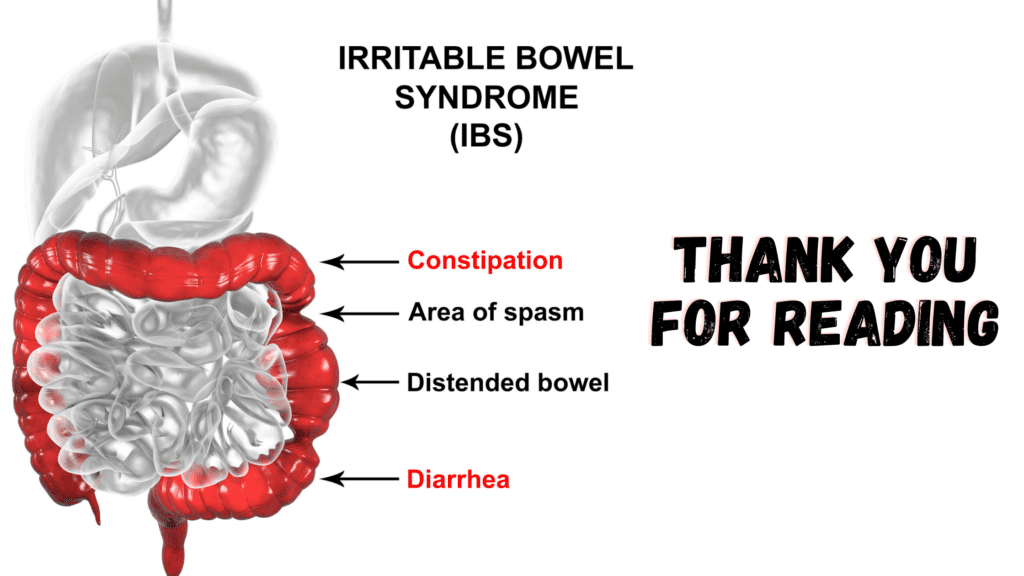














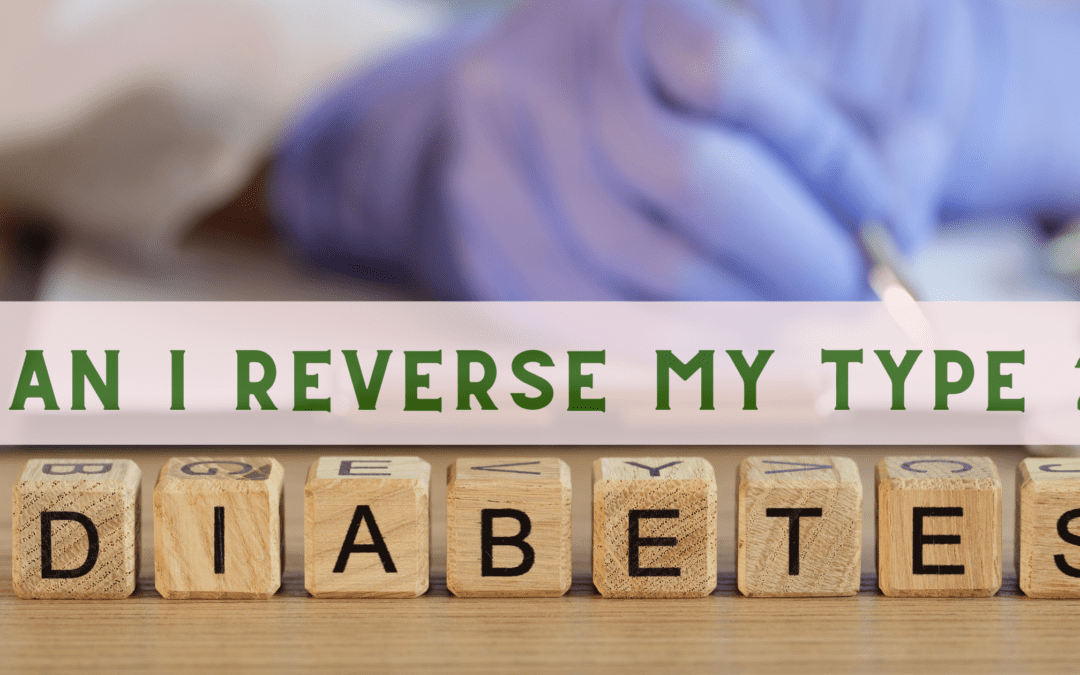





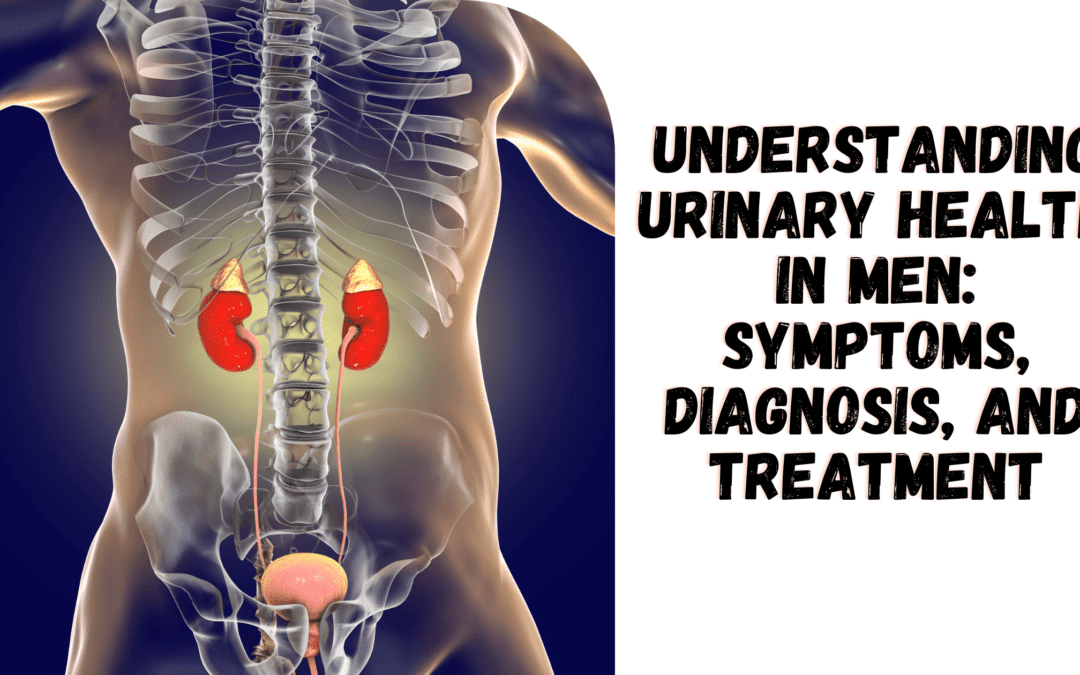

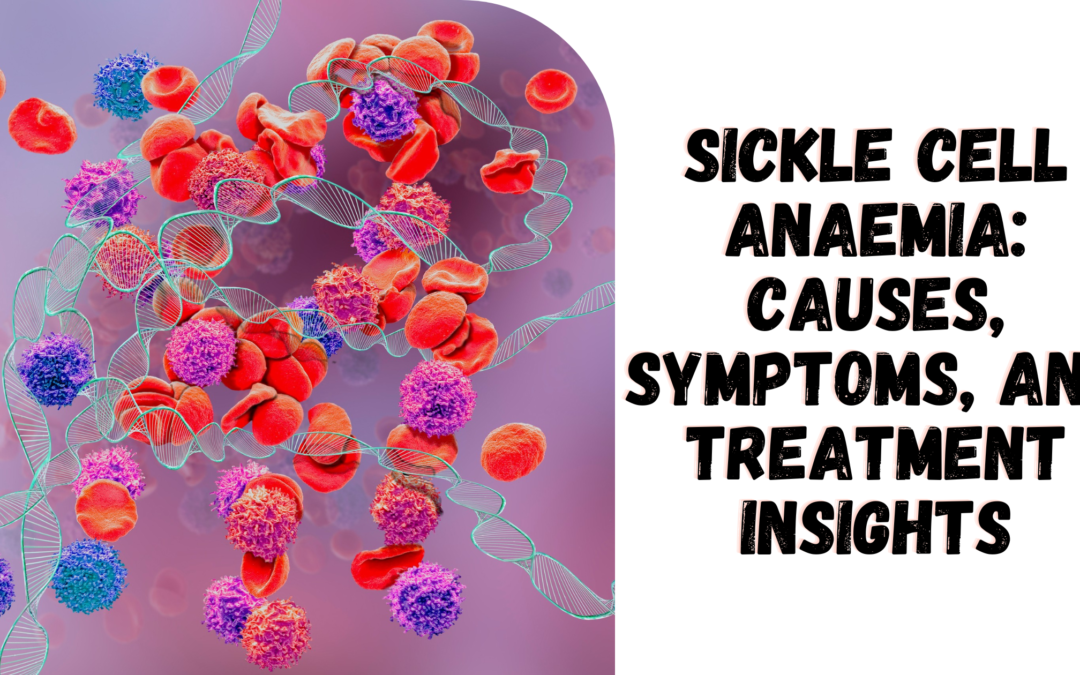


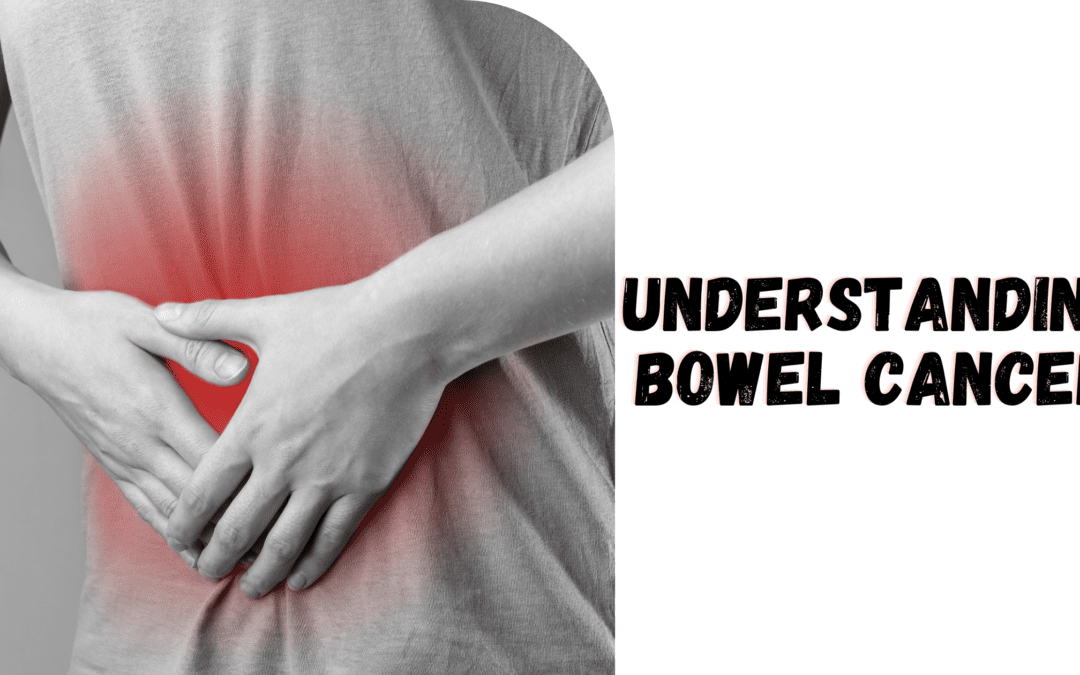
























0 Comments